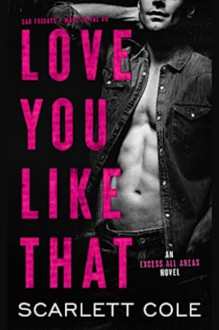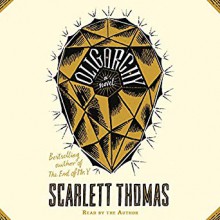
This collection of Margaret Mitchell's correspondence succeeds largely on the strength of Mitchell's own wit and charm as a writer. It's also properly presented with lots of contextual information and historical lacunae filled in by a loving editor (I believe the introduction says he was her godson).
The actual subject matter of the letters - the making of, release, and aftermath of the movie Gone With The Wind - is actually slightly less interesting than one might suppose. That's because Mitchell took a strong stand, which I think was also a wise one, not to take any active role relating to the movie once the rights were sold. So a very great deal of the correspondence consists of her explaining, over and over again, that it's Mr. Selznick's movie not hers, and no, she cannot arrange auditions for aspirants to the role of Scarlett, etc. etc. She also had occasion to rebuke both the studio and various publications assuming she would automatically take an active role in the marketing of the movie.
That said, it was clearly not her intention to be actively obstructive, and she also had a vested interest in the movie's historical accuracy, since she had apparently put very substantial effort into that aspect of her book. So, despite herself, we see her being drawn into controversies over which way round a Mammy would wear her head kerchief, or whether Tara would have white pillars. In the end, she used her connections to supply the studio with local Atlanta experts, which seems to have worked well. This does not prevent, however, her complaints of the constant barrage of demands on her attention. In fact, she wrote no other novel, and one gets the sense that she blamed it largely on the decade-long fuss that attended the making, release, and subsequent re-release (in post-war Europe) of the movie. And then, of course, she died tragically early in a motor vehicle accident.
Mitchell is very much a woman of her time and place when it comes to racial matters, though of course even then there was a spectrum of behaviour, and she was on the more human end of it. She apparently liked Hattie McDaniel, and made an effort to have her invited to the post-premiere party in Atlanta, even though McDaniel was, shockingly, excluded from the Atlantic movie theatre (as all Black people were) for the premiere itself. Her conservatism and racism (mixed together) mostly make themselves felt in occasional remarks about the early Black rights leaders, whom she felt, presumably along with most white people of her class, to be a threat.
I would recommend this as a fairly interesting and on occasions quite amusing read to anyone interested in Hollywood history.


 Log in with Facebook
Log in with Facebook 



 Door 16: St. Lucia's Day
Door 16: St. Lucia's Day




